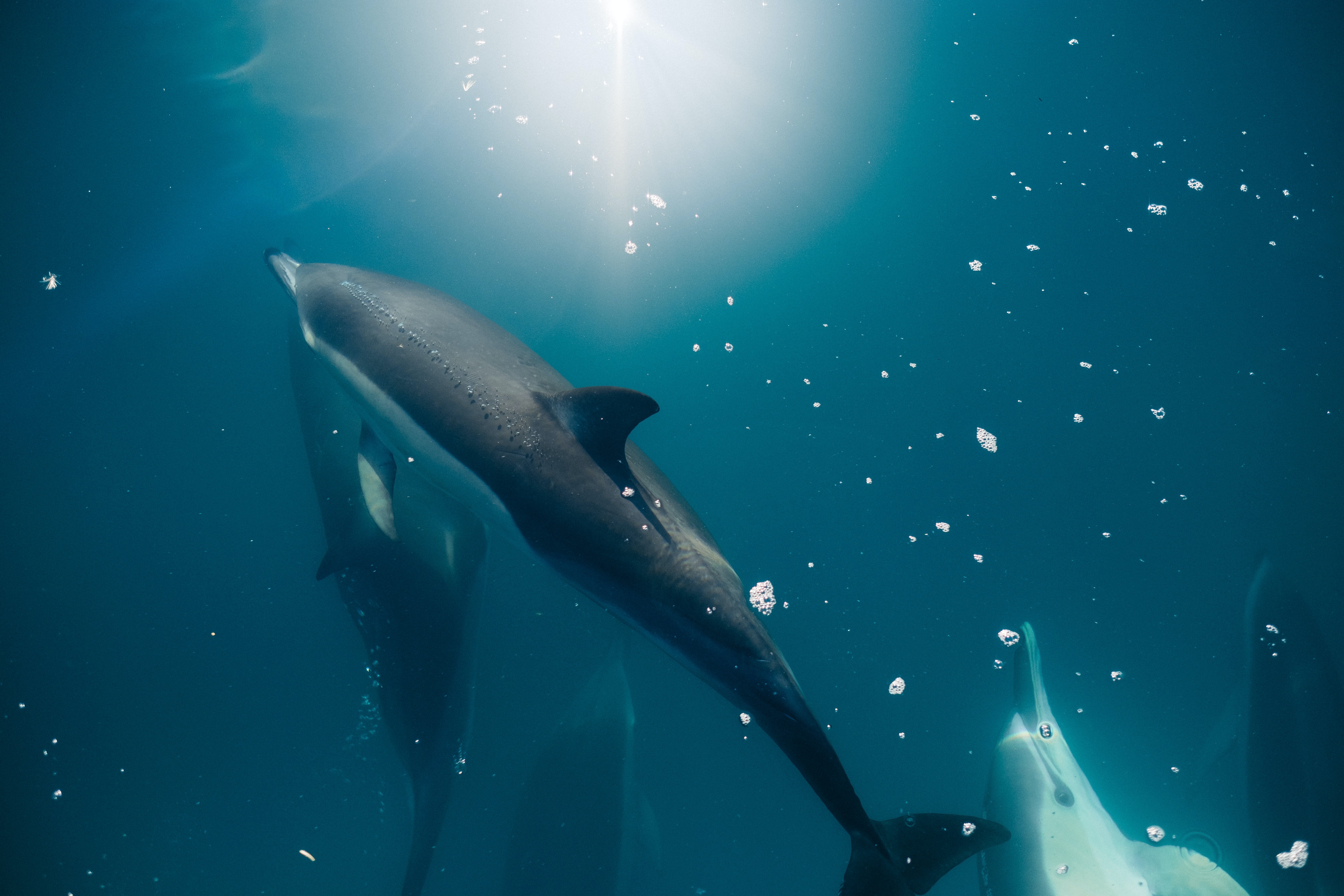News release
From:
New Marsden Fund grants awarded to support world-class research in Aotearoa
Te Pūtea Rangahau a Marsden, the Marsden Fund, has allocated $83.59 million (excluding GST) to 123 research projects led by researchers in Aotearoa New Zealand. These grants support excellent research in the humanities, engineering, mātauranga, mathematics, science, and the social sciences for three years.
The Marsden Fund continues to provide strong support for up-and-coming researchers, with 47 Fast-Start grants awarded, for a total of $16,920,000 (excluding GST). Fast-Start grants are designed to encourage the development of independent research and build momentum for exceptional careers in Aotearoa New Zealand. Funded projects this year cover a broad range of topics including the measurement of seismic activity of faults in the Southern Alps, identifying new chemical compounds for use in next-generation lithium-ion batteries, investigating how bumblebees take to the skies, and exploring how true crime podcasts inform our opinions about pressing social issues.
Established researchers and their teams were awarded 76 Marsden Fund Standard grants, for a total of $66,671,000 (excluding GST), with a success rate of 12.8%. These research projects will address a wide range of issues of both local and international importance, including uncovering the molecular mechanisms of migraine, investigating the impacts of generative artificial intelligence on linguistic diversity, characterising the key roles of lanternfish in marine ecosystems, and combining biomolecular methods and mātauranga Māori to interrogate relationships between cetaceans (whales and dolphins) and humans.
The successful projects are of world-class standard, having made it through a highly rigorous selection process, including substantial international peer review. Marsden Fund Council Chair Professor Gill Dobbie FRSNZ says, “Te Pūtea Rangahau a Marsden provides support for our leading and early-career researchers to carry out cutting-edge, curiosity-driven, ‘blue sky’ research. The vast majority of our external expert reviewers are international, and funded projects have been recognised for their excellence and potential for significant scholarly impact, both nationally and internationally.
“Awardees will carry out fundamental research across a huge range of disciplines, including on topics with global significance. Some of these projects will make a transformational difference to how we think about the world and Aotearoa New Zealand's place within it, the hauora health and wellbeing of our people, and our economic growth”.
A number of the newly-funded researchers are returning to Aotearoa New Zealand after gaining world-class experience and training in international institutions. “The support provided by Te Pūtea Rangahau a Marsden is crucial for attracting and retaining talented researchers and building a vibrant and resilient research community here in Aotearoa”, says Professor Dobbie. Early-career researchers are well-represented among the awardees this year, with a success rate of 14.5% (up from 13% last year). Professor Dobbie adds that supporting early-career researchers to establish their independent research careers is an investment in the future of Aotearoa New Zealand.
Especially notable this year is the proportion of successful projects led by researchers identifying as women. “More than half (55%) of the lead investigators on funded projects for 2023 identify as women – this is the highest proportion of female-led projects in the Marsden Fund’s history”, comments Professor Dobbie. “It is really heartening to see so many wāhine amongst our winners, given the obstacles that continue to discourage women from pursuing careers in research. Increasing inclusion and representation in our research communities will allow us collectively to better serve the country as a whole, as well as creating space for novel ways of thinking and doing research.”
The projects funded in this round will help fulfil one of the Marsden Fund Council’s goals for the fund:
Ka pūmau tonu te hapori mātanga i te katoa me te whānuitanga o ngā kaupeka rangahau
Maintain a New Zealand community of experts in the full and expanding range of research fields.
The overall success rate for applicants is 13.3% this year, a slight increase compared to 12.6% last year.
The grants are distributed over three years and are fully costed; paying for salaries, students and postdoctoral positions, institutional overheads, and research consumables. Te Pūtea Rangahau a Marsden is managed by Royal Society Te Apārangi on behalf of the New Zealand Government with funding from the Ministry of Business, Innovation and Employment. Nā Te Hīkina Whakatutuki te mana hāpai.



 New Zealand
New Zealand


